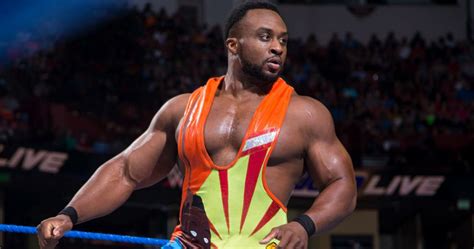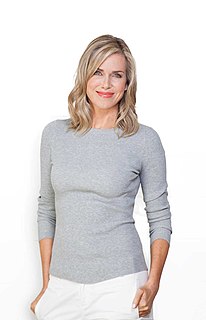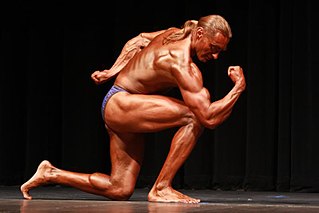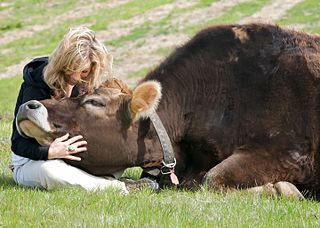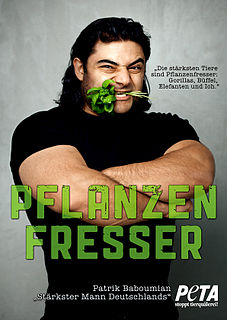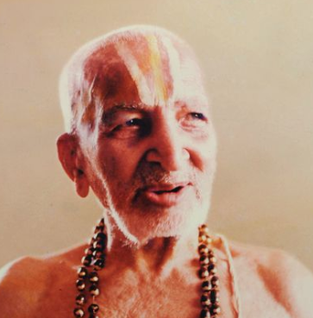A Quote by Sharon Gannon
On average, most people consume between 100 - 120 grams of protein per day. Not only is that unhealthy, it's extremely dangerous, as the majority of the protein consumed is animal based.
Related Quotes
You know how most people think that eggs are great sources of protein? Well, you only get about six grams from an egg, and about half of that is in the yolk and the other half is in the white. If instead you opt for a cup of lentils, you get a whopping eighteen grams of protein, plus all that fiber that makes you feel full and cleans out your body!
It's a common myth that athletes and other highly active people need the protein from meat and dairy to fuel their activities and build and repair muscles and other bodily tissues. In fact, there is growing evidence that consumption of too much protein can lead to very serious health issues, including kidney disease, osteoporosis, and cancer. The active body can get all the protein it needs from a diverse, 100% plant-based diet.
The phytochemicals, antioxidants, and fiber- all of the healthful components of plant foods- originate in plants, not animals. If they are present, it is because the animal ate plants. And why should we go through an animal to get the benefits of the plants themselves? To consume unnecessary, unseemly, and unhealthy substances, such as saturated fat, animal protein, lactose, and dietary cholesterol, is to negate the benefits of the fiber, phytonutrients, vitamins, minerals, and antioxidants that are prevalent and inherent in plants.
Elsewhere the paper notes that vegetarians and vegans (including athletes) 'meet and exceed requirements' for protein. And, to render the whole we-should-worry-about-getting-enough-protein-and-therefore-eat-meat idea even more useless, other data suggests that excess animal protein intake is linked with osteoporosis, kidney disease, calcium stones in the urinary tract, and some cancers. Despite some persistent confusion, it is clear that vegetarians and vegans tend to have more optimal protein consumption than omnivores.
This is a message to all those out there who think that you need animal products to be fit and strong. Almost two years after becoming vegan I am stronger than ever before and I am still improving day by day. Don't listen to those self proclaimed nutrition gurus and the supplement industry trying to tell you that you need meat, eggs and dairy to get enough protein. There are plenty of plant-based protein sources and your body is going to thank you for stopping feeding it with dead-food. Go vegan and feel the power!

